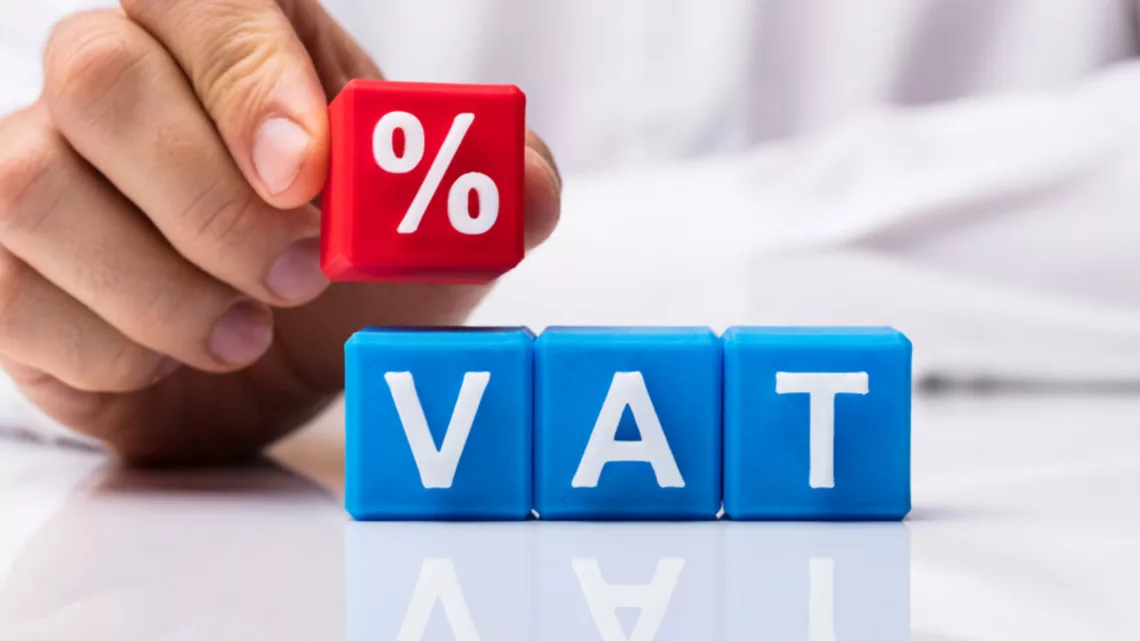Recently, it became certain that Nigeria spends more on debt-servicing than she generates in revenues. There can be no gainsaying the fact that Nigeria is now in a precarious fiscal position.
That accentuates the need to generate more revenues. However, research has shown that only a minority of Nigerian firms and individuals pay taxes. Hence, increasing taxation on that minority would invariably make revenue generation more lopsided than it currently is. That means spreading the tax net, not deepening it. A good spread of the tax net would be an increase in the value added tax (VAT).
There are already indications that the incoming administration will increase Nigeria’s VAT rate from 7.5 to 10 per cent.
Efforts by the federal government in recent years to generate revenues have only achieved partial success, as perennial budget deficits leave much to be desired.
Several independent auditors, including reputable practitioners like PricewaterhouseCoopers and KPMG have made it clear that some Nigerian corporate organisations and individuals are over-burdened with taxation. One of the auditors has said there are 65 different taxes being paid by Nigerians. Hence, the problem is the tax net needs to be widened. Widening the tax net has, however, proven to be a Herculean task for the three tiers of government in Nigeria.
Many Nigerians are of the view that tax increase lowers demand by lowering people’s disposable income. When government increases taxes, disposable incomes decrease. That translates to lower demand (spending) and decreased production (GDP). Hence, the fiscal policy prescription for a sluggish economy and high unemployment is higher taxes.
Nigeria’s tax to gross domestic product is among the lowest in the world. The highest the country has recorded was in 2011 when the ratio was 9.6 per cent. In other years the figure has hovered around 6 per cent. Over the same period, the average tax to GDP ratio was 17.2 per cent by African standards.
The reason is not far-fetched. Relatively few Nigerians actually pay taxes to government. The Budget Office recently released a report that only about 26 per cent of Nigerian workers’ pay taxes.
Tax-to-GDP ratio, which is the portion of a country’s output (domestic product) that is attributable to tax receipts, is one of the most widely, used tools for measuring the efficiency of a country’s tax system. Recent data from the National Bureau of Statistics indicates that Nigeria’s GDP stood at ₦31.79 trillion in the first quarter of 2019 (Q2 2019) while the total government collection in taxes was barely ₦1.5 trillion in that quarter. That amounts to a mere 4.7 per cent
In certain studies, conducted on the Indian economy, also a developing economy, certain factors were identified as contributing to low tax-to-GDP ratio. These factors include unorganized informal sector, narrow tax base, tax exemption and subsidy policies as well as loopholes in tax laws. That looks starkly similar to the Nigerian story.
Undoubtedly, a small tax base places huge burdens on honest and compliant taxpayers. According to the International Monetary Fund (IMF), out of the Nigerian labour force of 77 million persons, only 10 million persons are registered for tax purposes. This situation has adversely affected the government’s revenue generation through taxes.
It is clear that the problem with the federal government’s poor tax revenue generation is merely a narrow net system. It would therefore seem that the only way to get more Nigerians to pay taxes is through the value added tax system, in which everybody that does business within the borders of the federal republic must pay taxes.
The federal government has argued that VAT is a consumption tax. That means it will only impact those who consume; so, one can easily avoid it by deciding not to consume. Items such as basic food items, educational and medical supplies are exempted from the tax. Therefore, only those looking for more than just mere survival would be impacted by the increase.
Out of Africa’s 55 countries, only 11 currently pay less than 15 per cent VAT. More revealing is the fact that Nigeria is the second lowest VAT-paying country in Africa at 7.5 per cent, only next to Eritrea at 5 per cent.
Increasing the VAT seems like the most viable means of ensuring that the tax net is widened to the percentage of Nigerians needed to partake of development that would narrow the infrastructure gap of the country.





